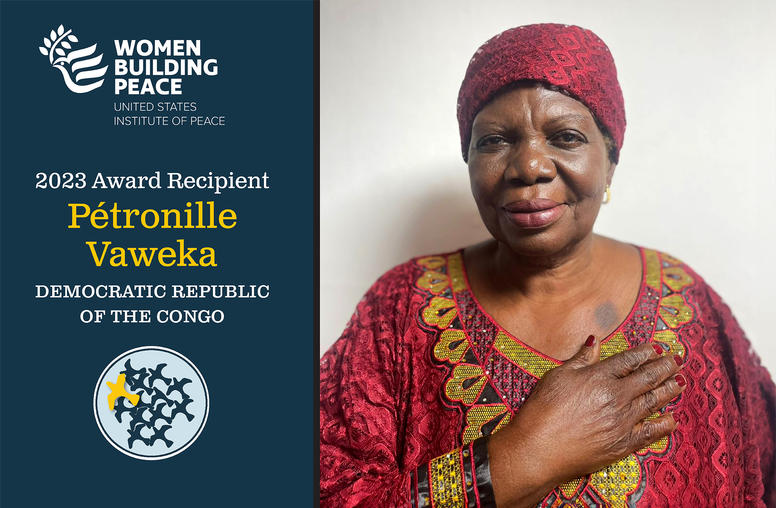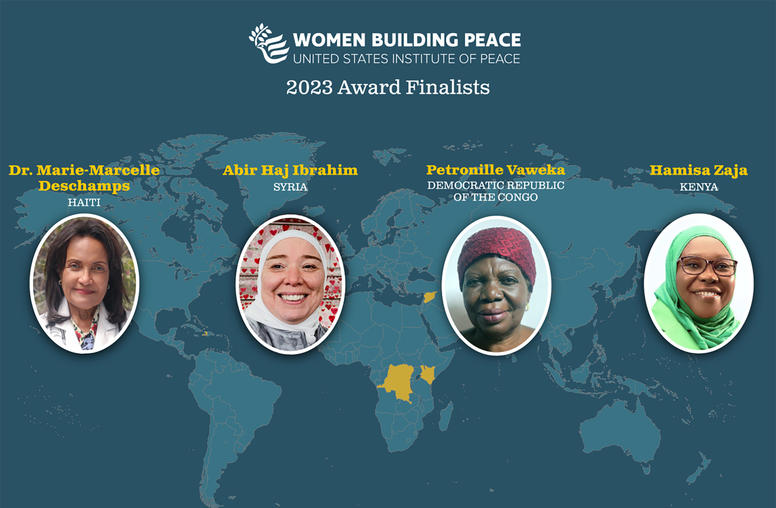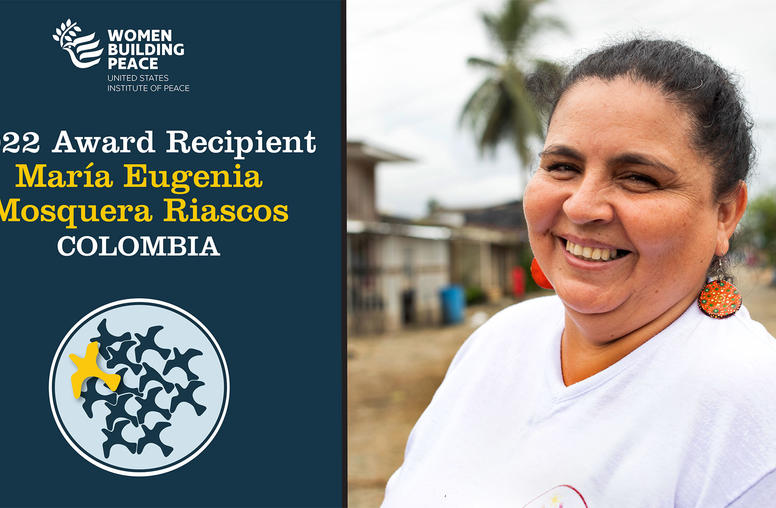The Election in Yugoslavia
Institute Newsbyte explores the conclusions of the Institute's Balkans Working Group regarding the September 24th Yugoslav elections.
On September 27th, members of the Institute Balkans Working Group met and discussed the results of the September 24 Yugoslav elections. During the discussion, the following conclusions were reached by the Balkans Working Group regarding the meaning of the election results and what the current government of President Slobodan Milosevic will do next.
The Milosevic regime is cracking, but his fate is still not sealed...
The Democratic Opposition of Serbia coalition (DOS) has won a convincing victory in the Yugoslav presidential and municipal elections. The outcome of Federal Parliament elections, however, is still uncertain, though the Opposition should challenge the official figures giving Milosevic and his allies a majority. Under the impression that the Opposition was too fragmented and incompetent to pose any real threat, Milosevic miscalculated when he decided to call elections early under new constitutional provisions providing for direct popular election of the president. Opposition presidential candidate Vojislav Kostunica has proven himself a unifying force and an energetic campaigner who successfully appealed to a wide public, including both the Army rank and file and minorities throughout Serbia.
Probably afraid of the reaction inside Serbia, Milosevic has chosen not to steal the elections outright and announce a first-round victory for himself, as many expected. He could still declare the elections null and void due to fraud and tampering or declare martial law. Or, he could concede defeat and attempt to remain in office through the completion of his term in July 2001. Milosevic might then seek to cut a deal to put himself in the prime ministry, leaving Kostunica to assume the federal presidency, which has little power according to the Constitution.
Despite Milosevic's spell having been broken, his capacity to inflict harm remains. Although the end of the regime is near -- there are signs that his people are starting to desert a sinking ship -- Milosevic should be expected to resist to the end. He is not likely to accept retirement in Serbia, ask for asylum, or face his accusers at the Hague Tribunal. While recognizing that Milosevic might flee Serbia, participants thought that the international community should not provide assistance or turn a blind eye and that Milosevic should remain in Serbia until he is transported to The Hague for trial.
Demonstrations are critical, whatever is decided on second-round participation...
For the moment, Milosevic has chosen to go to a second round of elections on October 8, claiming that neither candidate achieved over 50 percent of the vote in the first round. This will buy him only two weeks time. He likely expects Kostunica -- offended at the failure to recognize his victory -- to boycott the second round and give Milosevic an opportunity to remain in power. Even so, in a head-to-head contest between Milosevic and Kostunica, Kostunica would win a landslide victory.
Whatever the Opposition decides about participation in the second round, street demonstrations, as well as claims of victory in the first round, should continue. The Opposition does not have to decide immediately what its response to a second round of elections should be. It is critical, however, to maintain popular momentum for the removal of Milosevic.
The lead on strategic and tactical questions should remain with the Opposition and, in particular, with Kostunica. The international community should remain supportive of his attempts to come to power legitimately on the basis of a clear election victory. Of particular importance at the moment is Russia: it should be using all its influence to remove Milosevic from power and end a regime that has hurt Russia's long-term interests in the Balkans.
What happens when Kostunica does come to power?
Kostunica will face enormous political, economic, and security problems when he comes to power. He will have to amend the Yugoslav constitution again, arrange for Serbian parliamentary elections so that the Milosevic cronies running Serbia are removed, take control of the army and police, and generate revenue. Milosevic will likely leave the government's coffers empty, as Tudjman did in Croatia. The regime may collapse quickly, leaving a dangerous vacuum that Kostunica will have to fill immediately.
The international community and in particular the United States must be ready and willing to help Serbia quickly. Parsimony would not be good policy. Humanitarian and social assistance and a reopened U.S. mission in Belgrade should be among the first steps.
With regard to sanctions, some participants wanted to see immediate lifting; though a number of measures against members of the Milosevic regime might be left in place (in particular the visa ban and the freeze on assets abroad). Others expressed concern that the immediate lifting of all sanctions would be difficult for the U.S. government, due to domestic political resistance, in contrast to many European governments. They noted that sanctions, though fairly easy to remove, are difficult to reinstate. They agreed, however, that energy sanctions should be lifted unconditionally. Membership in the International Monetary Fund and the World Bank will take time, and some thought it should still wait for the new Yugoslav government to cooperate with the War Crimes Tribunal in The Hague -- as has been U.S. policy for a long time.
Participation in other international institutions will likely be a gradual process, with each one deciding whether Yugoslavia meets its criteria. Of particular importance are the Organization for Security and Cooperation in Europe (OSCE) and the UN. What does Yugoslavia need to do to get back in to these organizations? The U.S. will have to consider when it will reestablish diplomatic relations at the ambassadorial level and initiate economic assistance.
Serbia faces a difficult and prolonged economic recovery. Instant results should not be expected, but a healthy Serbia would clearly serve the interests of the entire region and the international community. A key ingredient will be trade with the European Union, as well as a regional economic arrangement.
The international community can expect difficulty with a Kostunica regime over Kosovo and Montenegro, especially if the federal government has to depend on votes from the Montenegrin (anti-Djukanovic) opposition. There may also be sharp differences of view with Kostunica over Bosnia. But these problems will be welcome in contrast to the much more fundamental issues that Milosevic posed. It will be a great relief to have Yugoslavia rejoin the world.
The United States Institute of Peace is an independent institution created and funded by Congress to promote research, education, and training on the peaceful resolution of international conflicts. Since 1995, the Institute's Balkans Initiative has played an important role in creating a forum for discussion among government and non-government experts to assist in building consensus on key issues in the Balkans.


